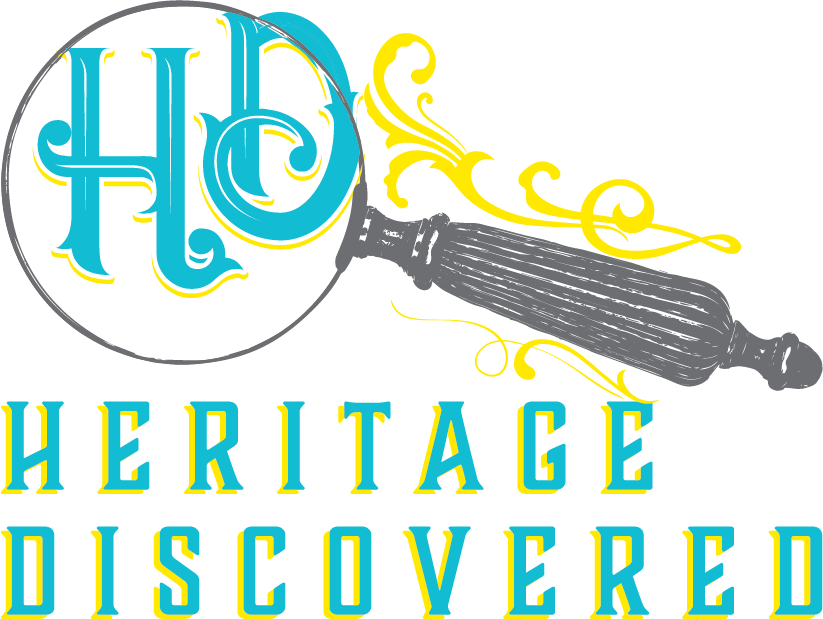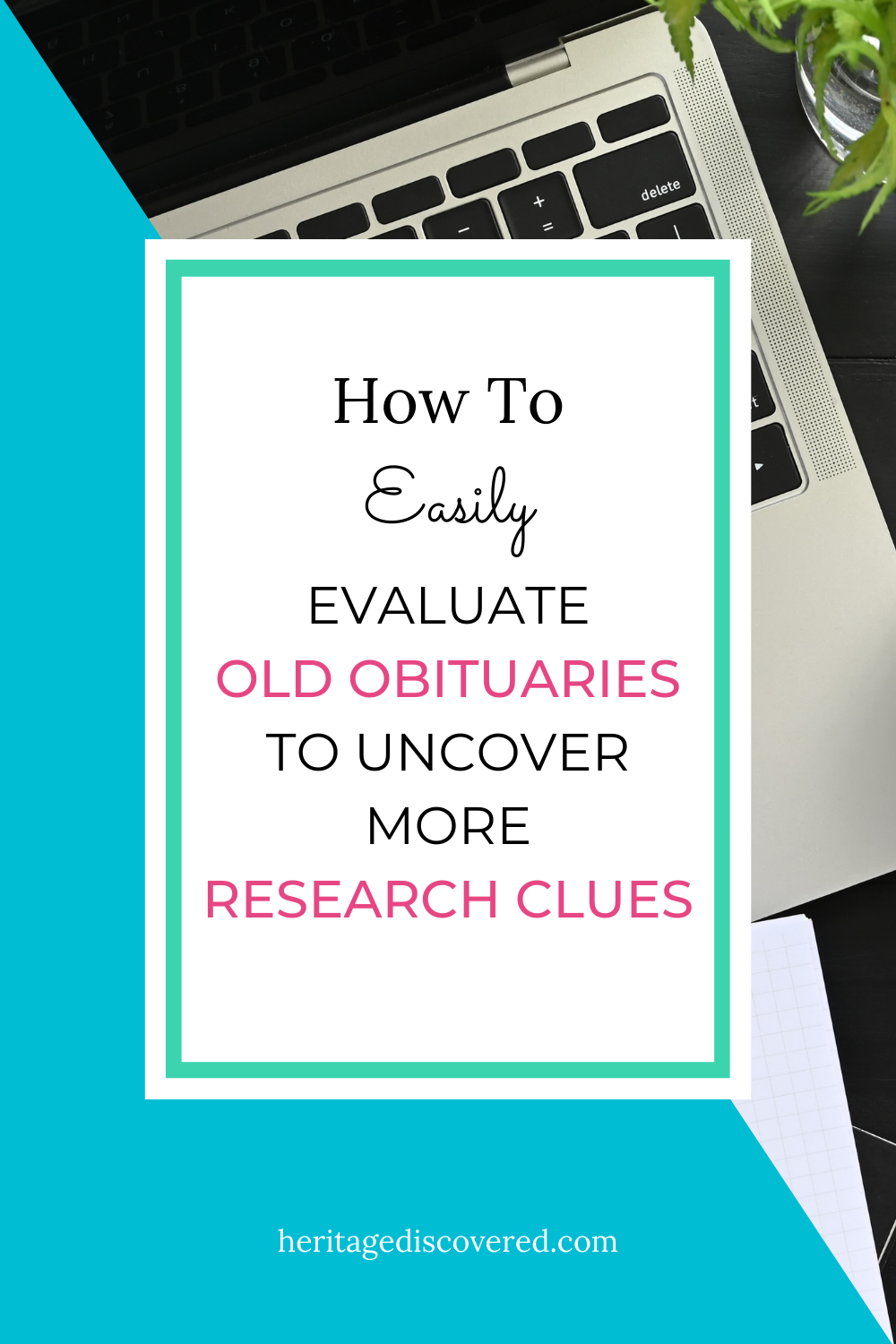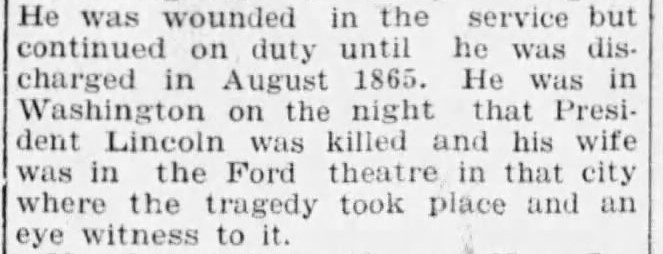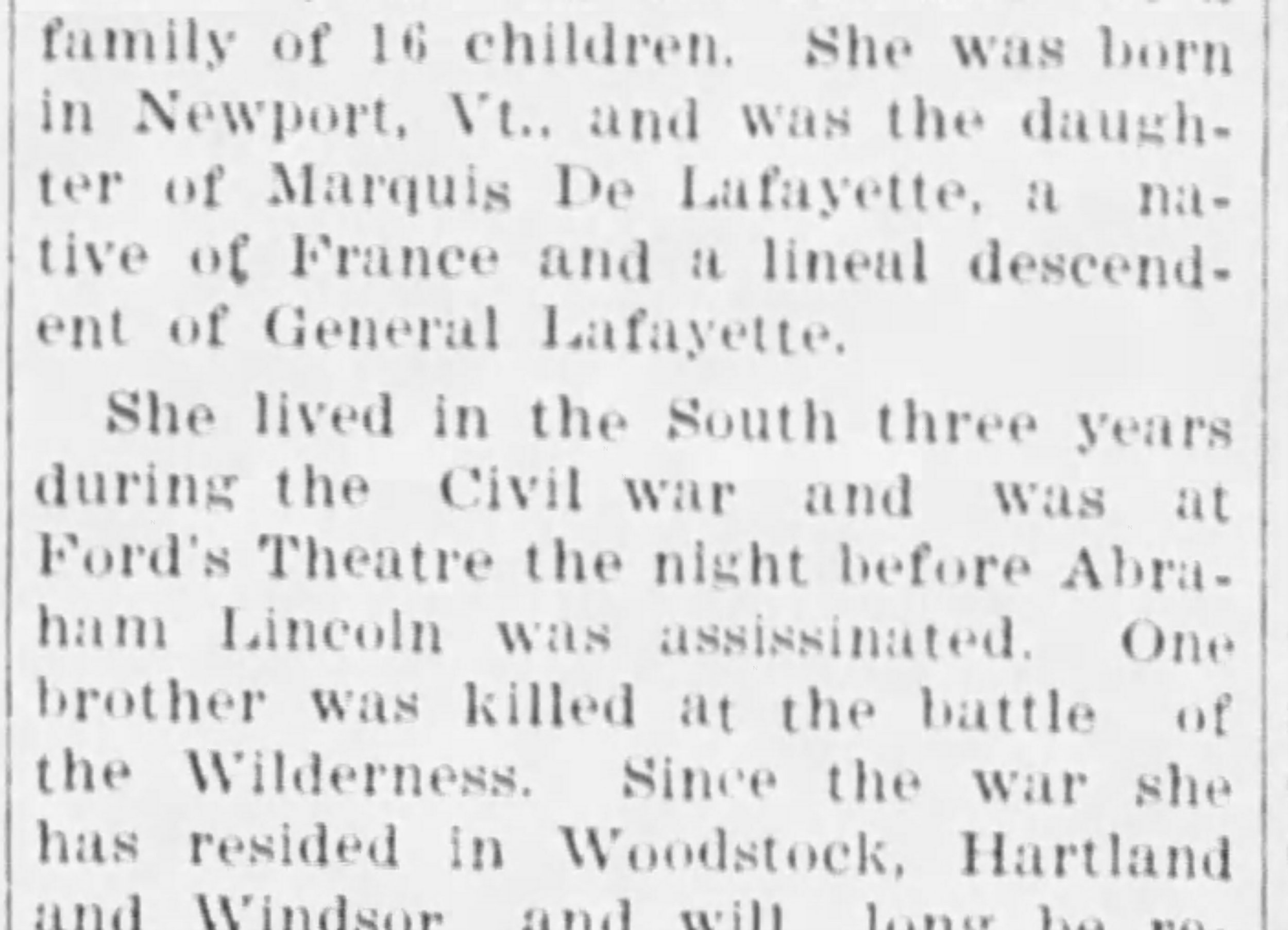How To Effortlessly Analyze Old Obituaries And Verify Their Clues
*This post may have affiliate links, which means I may receive commissions if you choose to purchase through links I provide (at no extra cost to you). All opinions remain my own.
Old obituaries are one of the foundational resources that genealogists seek out, and for good reason.
They are a wealth of biographical information about our ancestors. You can learn an unbelievable number of clues about your forebears in historical obituaries.
But how do you know what you come across is accurate? And how do you analyze them to get all the clues and not only the key points?
Most of us have gotten excited at some point to discover an obituary for an ancestor and start noting the basic findings in it, like when they died.
But in our excitement, we can miss important clues or not analyze what we learn to verify that it's correct. That can lead us in the wrong direction in our genealogy research.
It’s not enough to find obits (even though it’s very exciting and a great first step).
You have to pick them apart to gather all the fine points in them and use them to further your investigation.
I bet you’ve searched for obituaries for your family and found a good number of them.
But have you always remembered to really look at them?
Have you gone through them with a fine-toothed comb and analyzed the information they contain?
I have to admit that I’m guilty of not doing this myself, especially when I was first starting to learn about genealogy.
Even today when I come upon a great obit, I have to remind myself to slow down and be methodical about reading through it. Otherwise, I might chase a new shiny object from something I see inside. Progress, not perfection, right?
In this article, I’ll share some tips on how to analyze obituaries so you can confirm what facts are true, and how to use that to lead you to more records about your family.
Related posts:
How to Strengthen Your Cemetery Research Skills to Find More Clues
How Probate Records Can Help You Find Your Female Ancestors
5 Things to Look For in Probate Records to Help Trace Your Ancestors
Why obituaries are important for family history research
Historical obituaries are an all-in-one source for learning about many areas of someone’s life that you may not be able to glean from other records.
Even the most basic one can tell you a lot about your family. At the very least, you can usually learn when and where they died, any surviving family members, and where their burial place is.
In the best-case scenario, your ancestor will have a detailed obituary full of juicy hints. And that doesn't mean that it has to be long. An obit that is on the shorter side can still be packed with information that you can use.
Related posts:
How To Build The Best File Folder System For Your Genealogy Papers
12 Tips For Getting Back Focus And Motivation In Your Genealogy Research
7 Tips To Help You Create A Successful Genealogy Research Plan
How Setting Genealogy Goals Makes You A Better Researcher
Things you can find in old obituaries
Obituaries are one of the top, easily accessible resources that can reveal a lot of genealogical information.
Besides the basic things you’d expect to see, like where they lived and the names of their spouse and children, you can uncover gold nuggets like:
How long they lived in that community
Their religion
Any prominent positions they held in politics or fraternal groups
Military service
Where they went to school
Their occupation and where they worked
Where they were born
The names of their parents and siblings, and where they lived
The place of burial
Who the pallbearers were (hello FAN Club!)
Cause of death
The funeral home
You may even get lucky and find a photo of them
Related posts:
How the Digital Public Library of America Can Power Up Your Genealogy Research
Why Local History Books Are More Important Than You Think For Genealogy
11 Smart Strategies For Searching For Ancestors Who Changed Their Name
Why Isn’t My Ancestor in the Census?
How to analyze and fact-check historical obituaries
Every fact (or should I say “fact”?) you see in an obituary is an opportunity to both analyze the information and use it to lead you to more records so you can verify what it said is true.
Like all genealogy sources, it’s good practice to search for several sources that corroborate each other. Every point you learn about in an old obituary is a launchpad to more research paths you can take to do that.
How can you fact-check them?
Carefully read through the article and write down each data point in it. Think about how reliable the facts could be.
Note anything that stands out or conflicts with something you already know.
Then, think about which records you can seek out that will back up each data point.
For example, if it mentions…
The GAR (Grand Army of the Republic), check for Civil War pension files, military service records, and GAR records to prove your ancestor was in the Civil War and a GAR member
A church funeral, look for that church’s membership lists and parish registers for baptisms, burials, and marriages to confirm they attended there
A fraternal organization like Eastern Star, search for the nearest chapter to where they lived and if their membership records still exist to check if they were a member
Other places they resided in, check city directories, land ownership maps, and other locality-specific records to track down where they lived to prove it
An employer, then look into business records, newspaper ads, and employment records to see if they did own/work for that business
The place of burial, contact the cemetery and check out Find A Grave to see if they’re buried there.
As exciting as some of the stories you may see in these articles are, you need to examine them with a critical eye and seek out evidence that proves it.
For example, my 3rd great uncle, Samuel H. Jones, has a very detailed obituary. While a lot of it was very likely true, one outrageous point stood out to me.
It said Samuel was in Washington the night Lincoln got shot and his wife, Mary, was in the Ford Theatre then and was an eyewitness to it.
Image source: “Death Claims Aged Resident”, Vermont Journal (Windsor, Vermont), 4 August 1922, p. 1 via newspapers.com.
Hmmm, okay. . .
There’s no way to prove if Mary was in the theater. But I can tell you that on April 14, 1865, when Lincoln was killed, Samuel was over 150 miles away in Farmville, Virginia. His regiment didn’t get to DC until June 3.
Mary’s obituary, which Samuel was likely an informant for, said she was the daughter of Marquis de Lafayette, a native of France, and a lineal descendant of General Lafayette.
Perhaps this is true, but some quick investigation told me that the years don’t match up and I can’t tie anyone to Vermont. But I still have more debunking to do on this one.
Her obituary also says she lived in the South for 3 years during the Civil War and was in the Ford Theater the night before Lincoln got shot.
Except I have letters she wrote to Samuel’s sister during the war from Vermont telling her to come visit, so this also seems unlikely. It’s possible she lived in the South during the war, but why would she leave Vermont, where she lived her whole life, to go to a war zone? And what years were those?
Even though I haven’t totally disproven the stories about living in the South and the Lafayette family, my point is that you should verify everything that an obituary says.
Image source: “Mrs. Samuel H. Jones”, Vermont Journal (Windsor, Vermont), 8 May 1914, p. 9 via newspapers.com.
It’s always fun to learn new stories about our ancestors, but we can’t take anything at face value.
Just like online family trees, obits are a starting point filled with goodies (aka clues) to take the next research steps.
Related posts:
Solve Your Genealogy Brick Wall: 10 Ways To Widen Your Research Net
Why You Need to Use Libraries and Archives in Your Genealogy
Solve Your Genealogy Brick Wall: Review and Analyze Your Research
Solve Your Genealogy Brick Wall: How To Evaluate Your Sources
Final thoughts
Old obituaries are an invaluable resource for your genealogy research. You can discover a lot of amazing things about your ancestor and get a picture of their life.
Even a simple obituary may provide you with a clue that you can use to uncover new research paths, and perhaps break a brick wall!
It’s easy to get distracted by what you learn in one of your ancestor’s obits, but by slowing down and analyzing them, like with this obituary research worksheet, you can discover even more!



